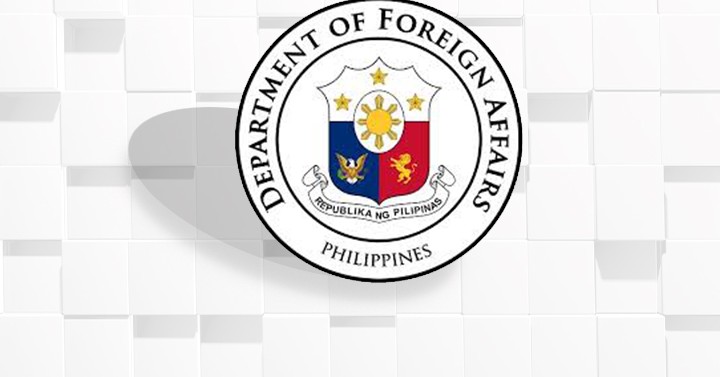Philippines Advocates for Humanitarian Aid to Gaza Amidst Crisis










2025-05-23T08:32:07Z

MANILA – On Friday, officials from the Philippines issued a strong call for the “full, safe, rapid, and unhindered delivery” of humanitarian assistance to Palestinians in the Gaza Strip. This urgent plea comes against the backdrop of intensifying concerns regarding famine and the overall worsening humanitarian crisis in the region.
The situation escalated after Israel's decision on May 18 to permit limited aid deliveries through the United Nations, following a grueling 11-week blockade that severely restricted access to essential supplies. The Department of Foreign Affairs (DFA) of the Philippines emphasized that the provision of humanitarian aid must remain under the governance of the United Nations and other internationally mandated organizations, ensuring a structured and accountable response to the crisis.
In its official statement, the DFA asserted, “Humanitarian response must be based on impartial needs assessments and guided by the principles of neutrality, humanity, and accountability.” This directive underlines the Philippines' commitment to a humanitarian approach that prioritizes the welfare of those most affected by the ongoing conflict.
Moreover, the Philippines called on all involved parties to support the United Nations in fulfilling its humanitarian mandate. The department cautioned that safeguarding the operational integrity, independence, and effectiveness of UN entities is vital for maintaining the legitimacy and credibility of the UN system. This credibility is crucial for its capacity to respond effectively to humanitarian needs worldwide.
The DFA also highlighted the necessity for humanitarian aid to reach Gaza's civilian population, particularly targeting the most vulnerable groups. This includes sick individuals, women, children, the elderly, and persons with disabilities. The approach must be “without discrimination and in accordance with international humanitarian law.”
Reiterating its support for global peace efforts, the Philippines reaffirmed its endorsement of a two-state solution. This stance aligns with UN General Assembly Resolution 181 and other pertinent UN resolutions, which outline a framework for achieving lasting peace in the region. The statement noted, “We continue to support a two-state solution, consistent with United Nations General Assembly Resolution 181 and other relevant UN resolutions, as the only viable path toward a just, lasting, and comprehensive peace in the region.”
The urgency of this humanitarian situation was underscored by a recent warning from the United Nations regarding a rapidly deteriorating food security crisis in Gaza. Following Israel's blockade imposed on March 2, access to vital supplies such as medicine and food was severely restricted, exacerbating the plight of the civilian population.
On May 21, however, a modest breakthrough occurred when around 198 trucks carrying essential items, including flour and nutritional supplies, were allowed entry into Gaza via the Kerem Shalom crossing. The UN Office for the Coordination of Humanitarian Affairs reported that approximately 90 truckloads of goods were collected by humanitarian organizations for distribution. Despite this progress, the UN highlighted that significant challenges persist in loading and dispatching goods. These hurdles include insecurity, the risk of looting, delays in coordination approvals, and inappropriate routes provided by Israeli forces that hinder the effective movement of cargo.
 Marco Rinaldi
Marco Rinaldi
Source of the news: Philippine News Agency